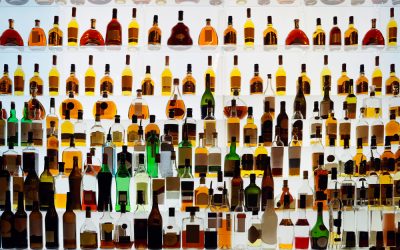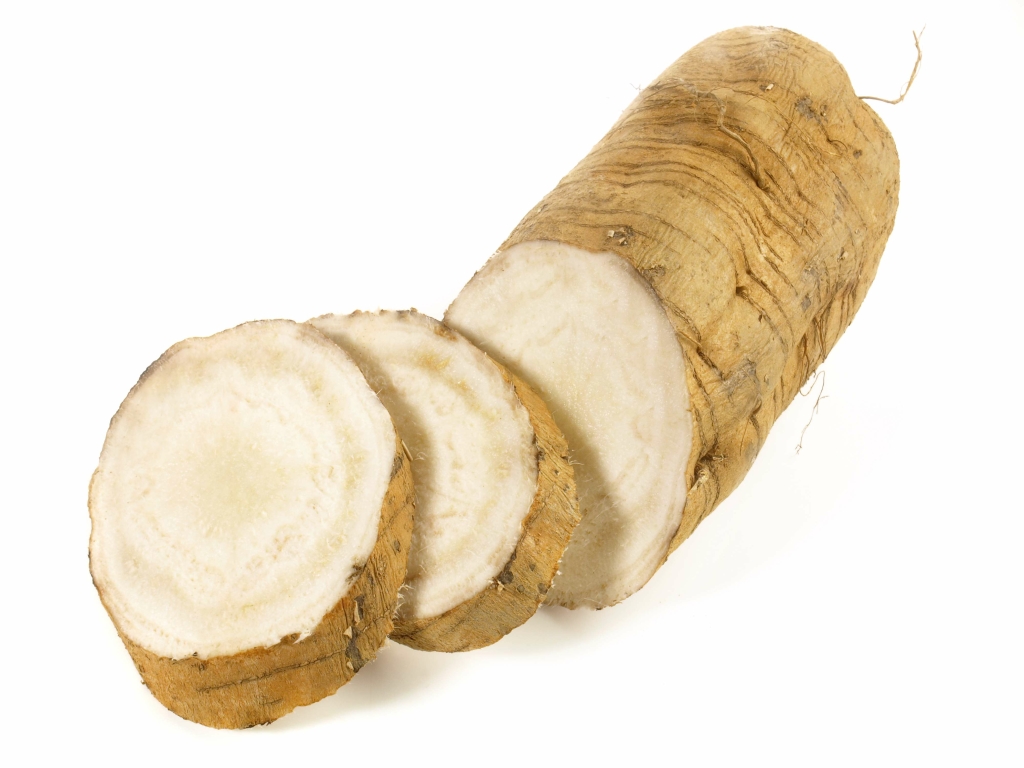Sugar & Alcohol Addiction: Why Do Alcoholics Crave Sugar? Learn More
Content
Different substances can create various inclinations for sugar, and there is an underlying connection between addictive behaviors and sugar intake. https://ecosoberhouse.com/ Why are sugar cravings so common in people recovering from a substance use disorder? This is a big part of how people become addicted to alcohol.
- But, if you take a closer look at the side effects of sugar, you will realize that sugar is more than a sweet tasting soluble carbohydrate — both illicit drugs and sugar share semi-similar side-effects.
- This woman meant well, but it was clear that her sugar problem kept her from being healthy, feeling good, and perceiving the blatant connection between alcoholism and hypoglycemia.
- But what does that have to do with sugar cravings after quitting drinking?
- Addiction specialists and addiction treatment centers are placing more focus on the nutritional component of recovery.
- The craving for sugar, like craving water, is simply a signal that something is missing in the body.
- Watch any child eat a plentiful amount of candy, then come off the sugar high later and be reminded of a drug addict detoxing from drugs.
Long-term alcohol abuse inhibits the body’s ability to regulate blood sugar levels. This is partially a result of alcohol’s effects on the pancreas, which is primarily responsible for blood sugar levels. Poor diet and malnutrition, two common traits among long-term addicts, can also affect blood sugar.
Do You Need Sugar Or More Serotonin?
Long-term, alcohol abuse disrupts your body’s ability to regulate your blood sugar. This is partially because alcohol can damage the pancreas, which controls blood sugar levels, and partially due to poor diet and malnutrition. When your blood sugar is low, it’s natural for your body to crave sweets to counteract it. Even if you indulge and give your body sugar to level out, it won’t solve the issue long term. Your blood sugar will drop again, landing you right back where you started.
- On top of the factors mentioned above, there are several other good reasons you may experience sugar cravings after quitting drinking.
- Allowing yourself to indulge in sugary snacks can help you stay sober—especially in the early days of recovery.
- In other words, it’s entirely possible for someone to become addicted to sugar.
- When I stopped drinking, I suddenly developed a craving for ice-cream, chocolate and cake.
Still, the user needs to be monitored and restricted to some degree. Too much sugar and caffeine can also alter one’s mood, creating anger, energy, and rage, which should be better placed elsewhere.
Why Do Addicts Crave Sugar
When you’re stressed, your body releases cortisol—a hormone known to intensify sugar cravings. do alcoholics crave sugar Experts say that increased sugar cravings after giving up alcohol are “very common.”
Sugar Addiction – Find Help Today – Addiction Center
Sugar Addiction – Find Help Today.
Posted: Thu, 06 Dec 2018 08:00:00 GMT [source]
Blatner suggests subbing more fruit, which is a natural source of sugar, into your diet. She recommends frozen bananas dipped in dark chocolate or “apple nachos” — sliced apple drizzled in nut butter and topped with unsweetened coconut and cocoa. Certain nutrients, herbs and especially minerals provide extra support to rebalance your brain and body.
What Does Sugar Do to the Brain and Body?
Our drug rehab in Philadelphia looks into why people get sugar cravings after quitting alcohol. When it comes down to maintaining a healthy sober lifestyle, people in early recovery should consider cutting back on sugar. In recent studies, researchers have found that excessive amounts of sugar consumption can cause drug addicts to relapse.

She recently opened up about her sobriety in a tweet sharing a family picture from the steps of the Lincoln Memorial. Teigen, her husband, John Legend, and their two children were in Washington, DC for Legend’s presidential inauguration celebration performance. You can do whatever you need to do to take care of yourself in early sobriety.
Silver Maple Recovery Can Help You on Your Sobriety Journey
As a fierce proponent of mental health services, Jess believes in the compassionate care and person-centered approach at All Points North. She works to create content that inspires clients and families to advocate for the support they deserve. But if you’ve quit and are on the road to recovery, it’s important to be aware of the addiction shift from alcohol to sugar. In this article, we’re going to go through the causes for your sugar cravings. We know that it can be challenging going from craving one substance to another. But by understanding the cause, you’ll be better equipped to handle it and move forward. Cravings for both food and alcohol are common when you are newly sober.
Can you smell vodka on someone’s breath?
No, you cannot smell someone drinking vodka because it is odorless. However, if you consume more than what the body can process, the result will be unpleasant. Typical acetate [1] produced by the body should smell sweet. But when in excess, the odor comes out as sweat or breath may be foul.
The problem can be resolved by avoiding alcohol, sugar, and processed foods that are high in carbohydrates. The craving for sugar, like craving water, is simply a signal that something is missing in the body. When we are thirsty, we do not think we are having withdrawal symptoms from water. We know that thirst is a signal that the body needs water. No one is addicted to water even though severe withdrawal symptoms, including, ultimately death, can occur when denied. We can’t, of course, go on eating chocolate bars all day, every day, forever. But you’ve been putting in a lot of hard work on the road to recovery, so a little sugar now and then is a great way to treat yourself.
Why you crave sugar when you quit alcohol during Dry January, and how to curb your sweet tooth
But alcohol disrupts this process, leading to hypoglycemia. The preference for sugary foods extends beyond effects specific to drug use. Sugar affects the brain like addictive drugs⁴, which makes sugar particularly tempting for people with a substance use disorder. There are several reasons people in addiction recovery may develop a preference for sweet foods.

If you have any questions about the relation between hypoglycemia and alcohol, please leave them in the comment box below. After cutting excess sugar from your diet, you’ll almost certainly feel a major difference in your emotional stability within a few weeks. You may have heard about people who gave up alcohol, only to mysteriously become dry drunks.

